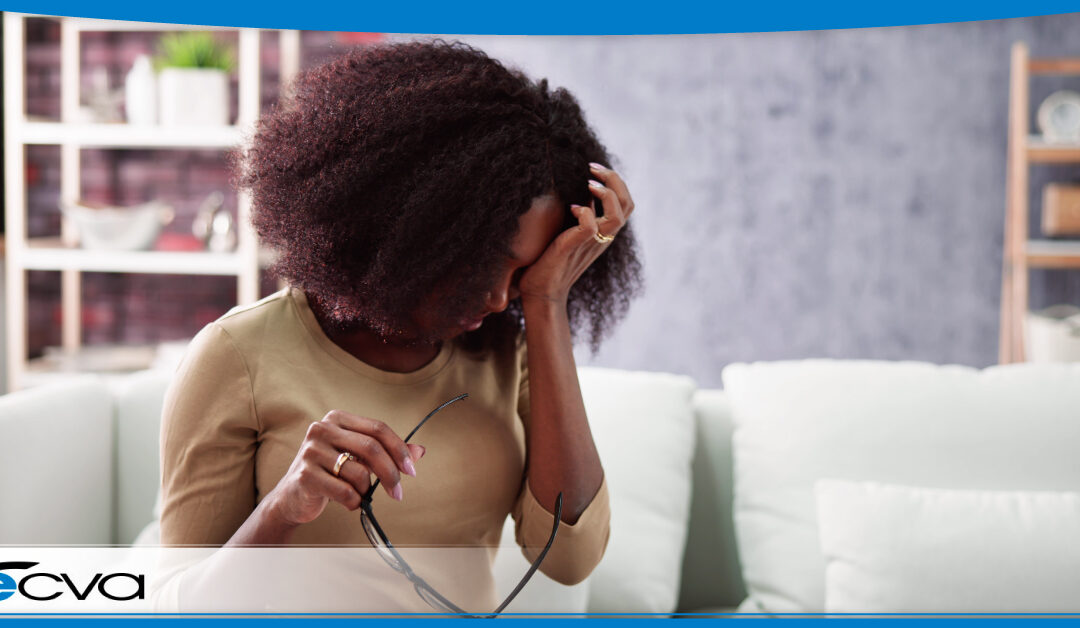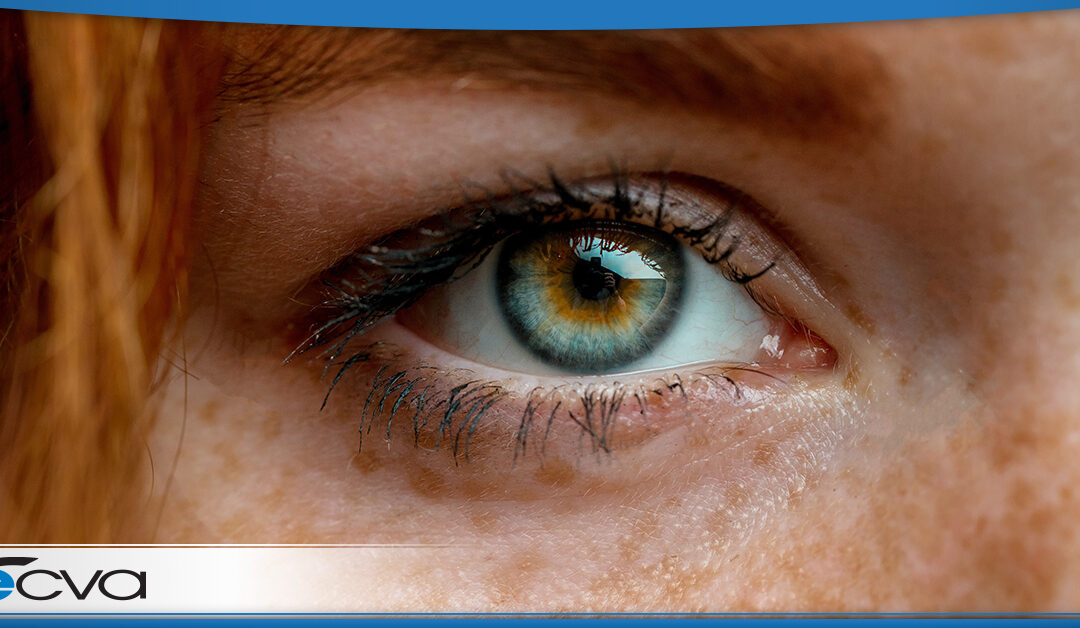
by ecvaeyeadminz | Apr 6, 2023 | Eye Health
Burning eyes are highly uncomfortable and may make it difficult to see clearly. The stinging sensation is highly distracting, and keeping the eyes open and focused can be difficult when that burning feeling is present. Ultimately, there are many potential causes of...

by ecvaeyeadminz | Mar 12, 2021 | Eye Health
When you experience an eye twitch, it’s common to be concerned. Not only is the sensation uncomfortable or bothersome, but it’s hard to tell if the eye twitching is benign or related to a serious condition. If you are dealing with eye twitching...

by ecvaeyeadminz | Jul 9, 2020 | Eye Health
Eye floaters – those little spots, lines, or shapes that flow across your vision – aren’t usually a big deal. There’s a decent chance everyone will notice some on occasion and, while they can be incredibly annoying, they typically don’t signal a...

by preichert | Dec 27, 2019 | Eye Health
Eye injuries can happen anywhere. Along with workplace risks, certain home-based activities can damage the eye, as well. Luckily, the majority of eye injuries are completely preventable, as long as you take steps to protect your vision. Here’s a look at five ways you...





